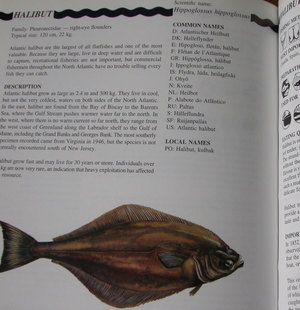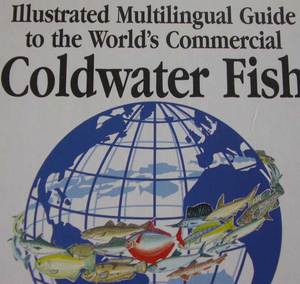Mark Liberman at Language Log mentions a translation company that offers Latin – German translations.
They’re called 24 hour translations and were in the UK, but apparently have relocated to Austria. Mark comments on their prices:
bq. But it was something else that caught my eye. They offer “Latin Translations from only $16!” and what they mean by this is that “you can order a translation of 20 words or less between English and Latin (as used by the Romans). The cost of this service is £10 GBP / $16 USD / 16 EUR, and the translation will be ready within 24 hours – we’ll even include a simple guide to pronouncing the Latin phrase”.
This seems pretty expensive. I guess it’s within an order of magnitude of standard commercial translation rates, which tend to run in the range of US$0.10-$0.40 per word, depending on the nature, size and urgency of the job. But if all you wanted to know was what the Romans meant by quoting Hannibal to the effect that “inveniemus viam aut faciemus”, you’d be paying $4.00 per word. (Since 24 Hour Translations says that “Due to problems encountered in the relocation of our office to Austria, we have had to suspend normal trading until further notice”, I’ll tell you for free that Hannibal meant “we will find a way, or we will make one”).
For the benefit of those who don’t work as freelance translators but possibly have a salaried university job, translators normally have minimum rates. $16 dollars seems a low minimum rate to me. Consider that even for an email translation, there’s some administrative work involved for a one-off transaction. Other short translations can involve even more, by way of layout and delivery.
A typical short translation job into English here would be the certified translation of a German birth certificate – something I try to avoid doing, but it wouldn’t really be worth my while translating, say 15 lines and charging a normal line rate. One could add something for the certification, but time goes in talking to the client, and normally the client comes to the office both to bring and to collect the original document. German birth certificates are really short, but it takes time to format them, it even takes time to start a new job, and you might spend two hours earning 15 euros if you charged what the client thinks the job is worth.
Fortunately, German register offices will issue six-language international birth certificates, or at least they are supposed to, but that isn’t always feasible.
Anyway, we translators owe it to ourselves and even to others to stay in business, and that means earning a certain hourly rate – a rate that has to take into account the fact that you don’t spend all your work hours translating.
I should think a reasonable minimum rate would be a great deal more than $16. I wouldn’t charge it to regular customers. But $16 seems to me a reasonable minimum rate for twenty words or less.
Mark ends with examples of how to look up Latin on the Web – not something everyone is capable of doing. He says if you looked up twenty words (if I counted right) you’d have saved $48 dollars. Actually, he says earlier than twenty words or fewer cost $16, so I don’t know how he gets of $48. But that’s probably part of the problem.
In any case, I doubt any agency would make a living from tiny jobs. Of course, they do appear to have suspended trading. But their German rates don’t look quite so bad. 6 euros per 100 words in 3 days is not the sort of money you get rich on.


